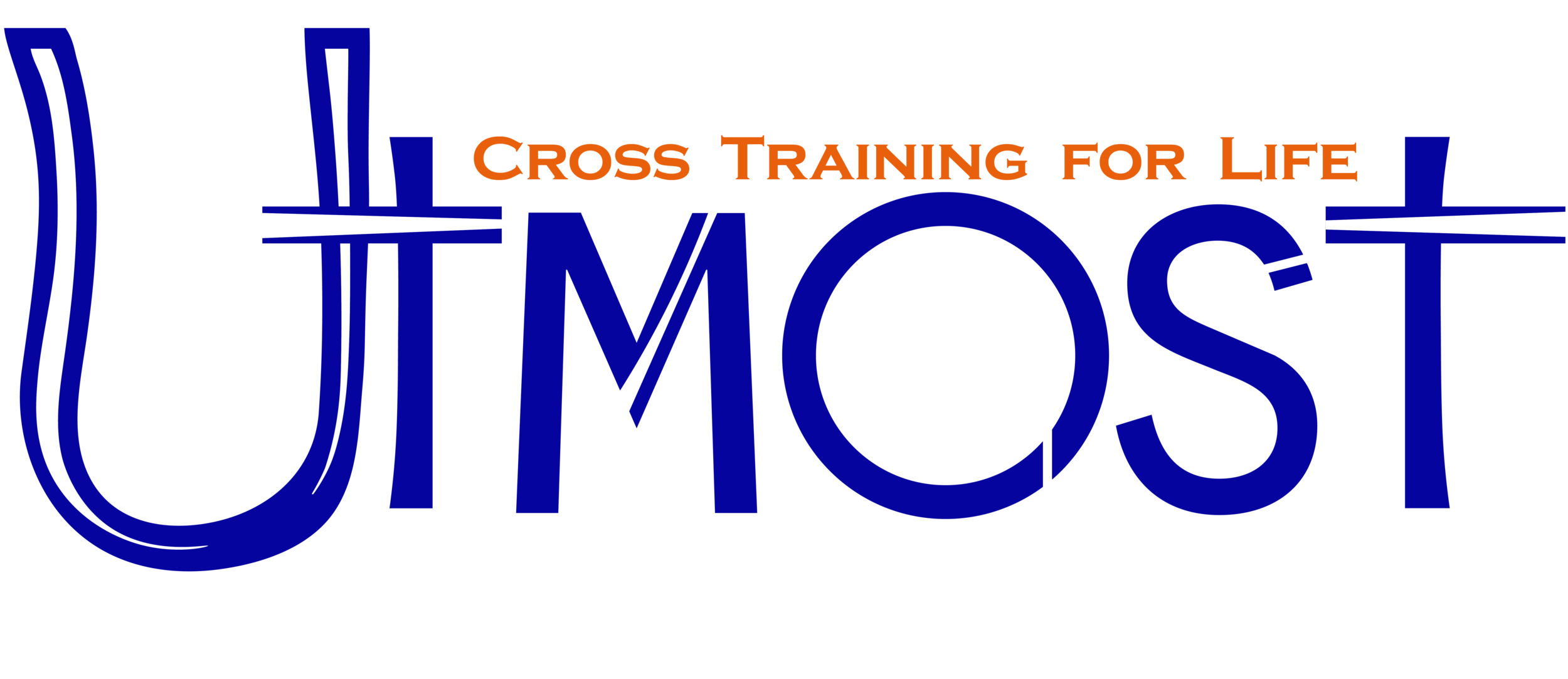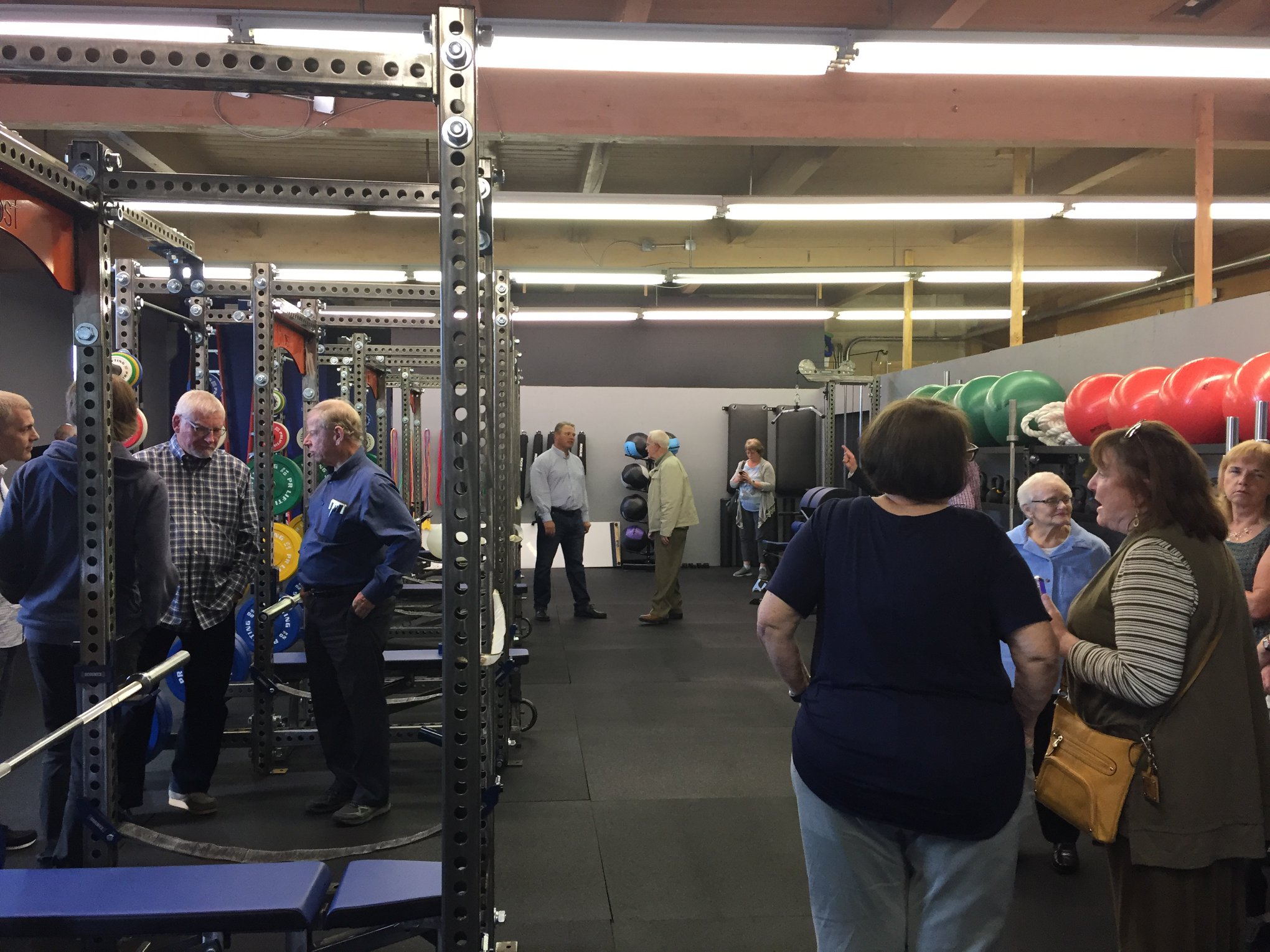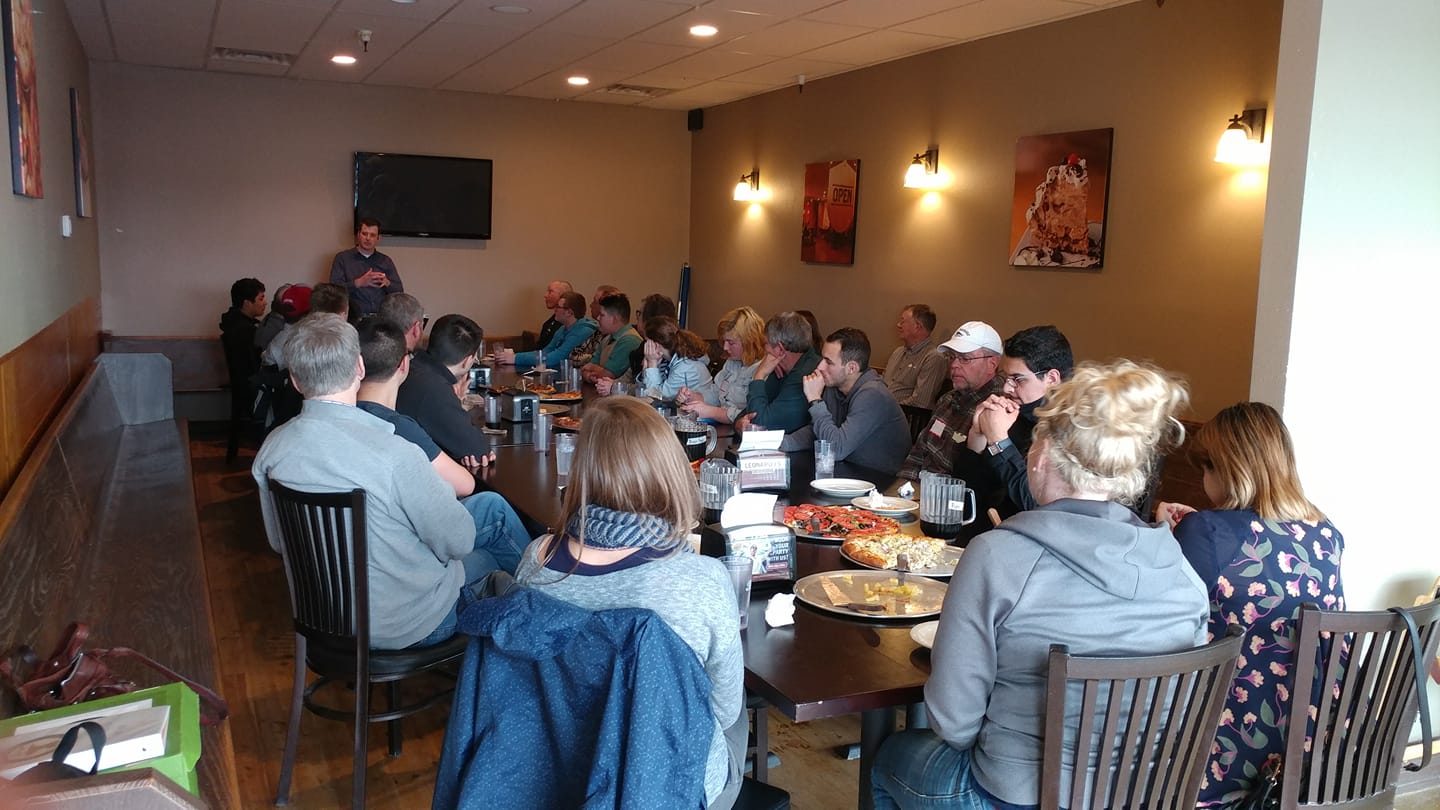Innovation Virtues: Courage
Matthew Overton
A few months back I wrote about the need to define innovation as an idea that actually hits the ground. The goal was to define as something different than creativity or invention. The question with all three (creativity, innovation, and invention) in my mind is what it takes to actually do them. I mean innovation is actually about the doing!
I thought it might be good to do a post every once in a while on the “virtues” of innovation. I spend a lot of time thinking about the virtues that the gospel calls me to cultivate in my life. I don’t spend a lot of time talking about them. Most of the people I have met that talk a lot about virtues I find to either be boringly dogmatic or remarkably hypocritical. That might sound harsh, but I have an inherent distrust about people that talk too much about virtues. Virtues are not something you televise, they are tools to self scrutinize and reflect. And to be honest, I remain fairly certain that if you push a virtue too far, it often becomes a vice.
So my innovation question is, “What are the virtues that are required to not only think of an idea, but to get it to ground? What are the virtues necessary for innovation?” The first virtue: Courage.
A few months ago I came across this quote from C.S. Lewis that I had not read before. I thought it was a great quote to describe some of the tension in Christian social enterprise and in innovation.
“Courage is not simply one of the virtues but the form of every virtue at the testing point, which means at the highest point of reality.”
One of the things about innovating anything is that it requires people to do things a bit different. You have to learn outside your circle. You have to take a risk in piloting experiments. You have to fail periodically and not hide, but rather analyze why something didn’t work. In my social enterprise based world you have to have the courage to take financial and legal risks in starting a business. And of course (and this may be its own virtue) you have to have the courage to trust God.
Lately, youth ministry groups and others are starting to launch various kinds of social enterprise, innovation, and design tools. I am excited about this. Some of them seem to be pretty darn good. But, in my conversations with the designers that implement them and innovators on the ground it seems pretty clear that no tool in the world will help someone launch an innovation if they recipient lacks some essential courage. Even the small innovations require courage at times!
The reality is that in a world that only seems to value or believe in what can be seen, touched, etc., even more courage is needed to do anything. In a culture (my culture) in which your failure in material achievement actually functions as a kind of denial of your existence, failure does feel final and fatal. Failure becomes an inability to assert your identity and self actualize. This secular reality only ups the force of failure. So, to ask people to risk and innovate is a higher stakes game in the modern world.
Now, back to C.S. Lewis!
What I love about this quote is that it acknowledges that courage itself is an essential virtue to living out other virtues. When doing innovation work and social enterprise work there is always this tension between the business and the ministry. There is tension between whether the idea helps the Kingdom go forward or whether the innovative idea has become the main thing. You never want that, but it is a tension. Courage is needed at every turn. At every turn in innovation as you court failure and financial problems, or being fired, there is a temptation to retreat from all the virtues. In many ways, courage becomes the virtuous fulcrum on which all other virtues are tested. Lewis nails that.
So, take courage in whatever venue you find yourself. May you cultivate the virtue of courage as best you can so that you might find the boldness to live out all the virtues! And do all of it in such a way that the Kingdom of love, hope, peace, and joy moves forward!








